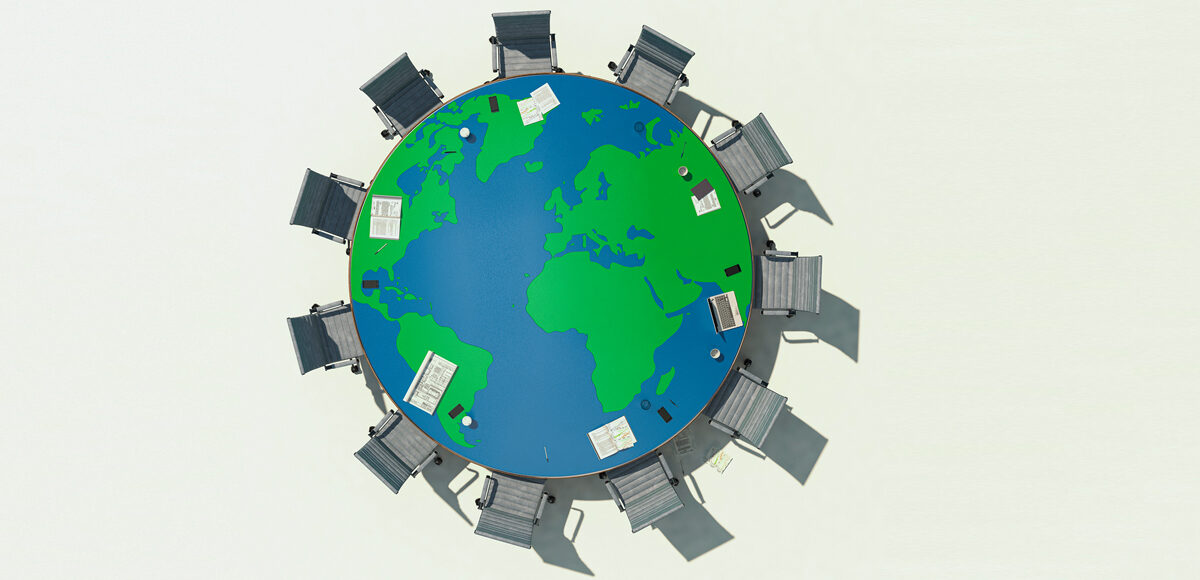I continue to be amazed at how resourceful and imaginative we, as a University, are as we work together to provide our community with new and interesting ways to discuss, debate and collaborate. Thanks to those who contributed to the Colleagues who Craft Fundraiser last week, and there is still time to participate for anyone wishing to support this excellent initiative.
Next week sees the start of the Heriot-Watt Festival of Research and Enterprise, running from 21-29 October, organised by the Research Futures Academy. This global Festival will help us celebrate our research and enterprise success, enhance our research culture and build our research capacity. And in line with a key Strategy 20205 priority, it will help us to identify areas of strength and create a framework for interdisciplinary collaboration. The festival is all online and is expected to attract students and staff from all across the University, as well as our Alumni. I hope that you can get involved and get a feel for the amazing work in progress and planned and the impact it is having.
Last week saw the first in our Hutton Series of lectures, hosted online by Panmure House. This is a series of events taking place across 2020-21 bringing together a diverse cross-section of experts, business leaders, scientists, and concerned citizens with one simple aim: to identify ten key priorities, innovations and actions we can take to mitigate the climate crisis. With well over 500 people attending – several hundred being Heriot Watt students, and over 100 questions asked – it was a lively event which aired a range of differing views and was a fantastic start to what will be an invigorating and informative year of climate change events.
Following on from this event, I sat down for a conversation this week with Prof Mercedes Maroto-Valer, Assistant Principal for Global Sustainability, Prof John Luddon, research professor at the Lyell Centre, and Chris Larkins, our Environment and Energy Manager, about our pioneering approach to sustainability as part of Strategy 2025. With five ‘building blocks’ as our foundation, our aim is to transform the global sustainability agenda, so it is more important than ever that we demonstrate our leadership in this area, and that we work together as we look towards both defining and evidencing the decisions we make. You can contact sustainablefutures@hw.ac.uk with your thoughts, comments or suggestions – it is up to all of us to get involved, to make this happen and to ensure we place the utmost priority on addressing this global issue.
All these events and areas of work are inspiring. And they demonstrate not only how our teaching, research and enterprise initiatives are vital to our strategy, but also how they can continue – very successfully – regardless of the restrictions currently placed upon us. This doesn’t happen by accident, and I’m very grateful for all the work that goes into making them happen. And I know it doesn’t stop here. Let’s continue to work together as we draw upon our strengths as a globally connected University.
I look forward to connecting with colleagues again at our all-staff Executive Briefing coming up on 22 October at 9am BST.
Professor Richard A. Williams
Principal and Vice-Chancellor
